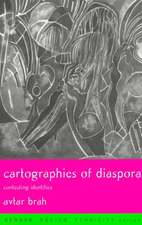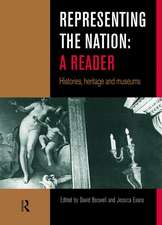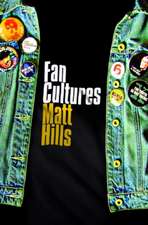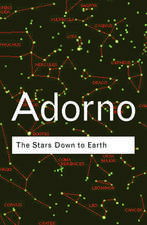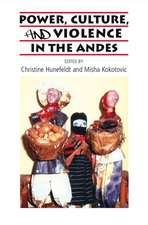Claude Levi-Strauss: The Bearer of Ashes: Routledge Library Editions: Social and Cultural Anthropology
Autor David Paceen Limba Engleză Hardback – 21 iul 2015
Preț: 1003.43 lei
Preț vechi: 1223.70 lei
-18% Nou
Puncte Express: 1505
Preț estimativ în valută:
192.03€ • 208.52$ • 161.30£
192.03€ • 208.52$ • 161.30£
Carte tipărită la comandă
Livrare economică 22 aprilie-06 mai
Preluare comenzi: 021 569.72.76
Specificații
ISBN-13: 9781138928558
ISBN-10: 1138928550
Pagini: 276
Dimensiuni: 156 x 234 x 19 mm
Greutate: 0.54 kg
Ediția:1
Editura: Taylor & Francis
Colecția Routledge
Seria Routledge Library Editions: Social and Cultural Anthropology
Locul publicării:Oxford, United Kingdom
ISBN-10: 1138928550
Pagini: 276
Dimensiuni: 156 x 234 x 19 mm
Greutate: 0.54 kg
Ediția:1
Editura: Taylor & Francis
Colecția Routledge
Seria Routledge Library Editions: Social and Cultural Anthropology
Locul publicării:Oxford, United Kingdom
Public țintă
Postgraduate and UndergraduateCuprins
1. The Artisan of Knowledge 2. The Confessions of Lévi-Strauss 3. Nature, Art and Authenticity 4. Echoes of Rousseau 5. The Critique of Cultural Evolution 6. Out of History 7. The Semantics of Ethnocentrism 8. A Universe of Rules 9. The Anthropology of Ressentiment
Descriere
Lévi-Strauss is one of the intellectual giants of the twentieth century yet he is a very private and isolated figure, who has been reticent about himself. This book, first published in 1983,provides a fascinating insight into his character through a careful reading of the more speculative passages of his books and interviews. His personal existential and psychological orientation is explored through a structural analysis of Tristes Tropiques, his most personal book, and his writings on art, nature and civilization and through a consideration of his debt to Rousseau. Dr Pace examines in depth Lévi-Strauss’s critique of cultural evolutionism and his attack on the notion of world history. He assesses the political implications of Lévi-Strauss’s own interpretation of human progress through an examination of his debates with Sartre and other Marxists in the 1950s and 1960s and his subsequent movement to the right. The author’s concern throughout is to place the world-view of this great French anthropologist in the context of twentieth-century intellectuals’ struggle to come to grips with cultural relativism and the ‘problem’ of the primitive.








